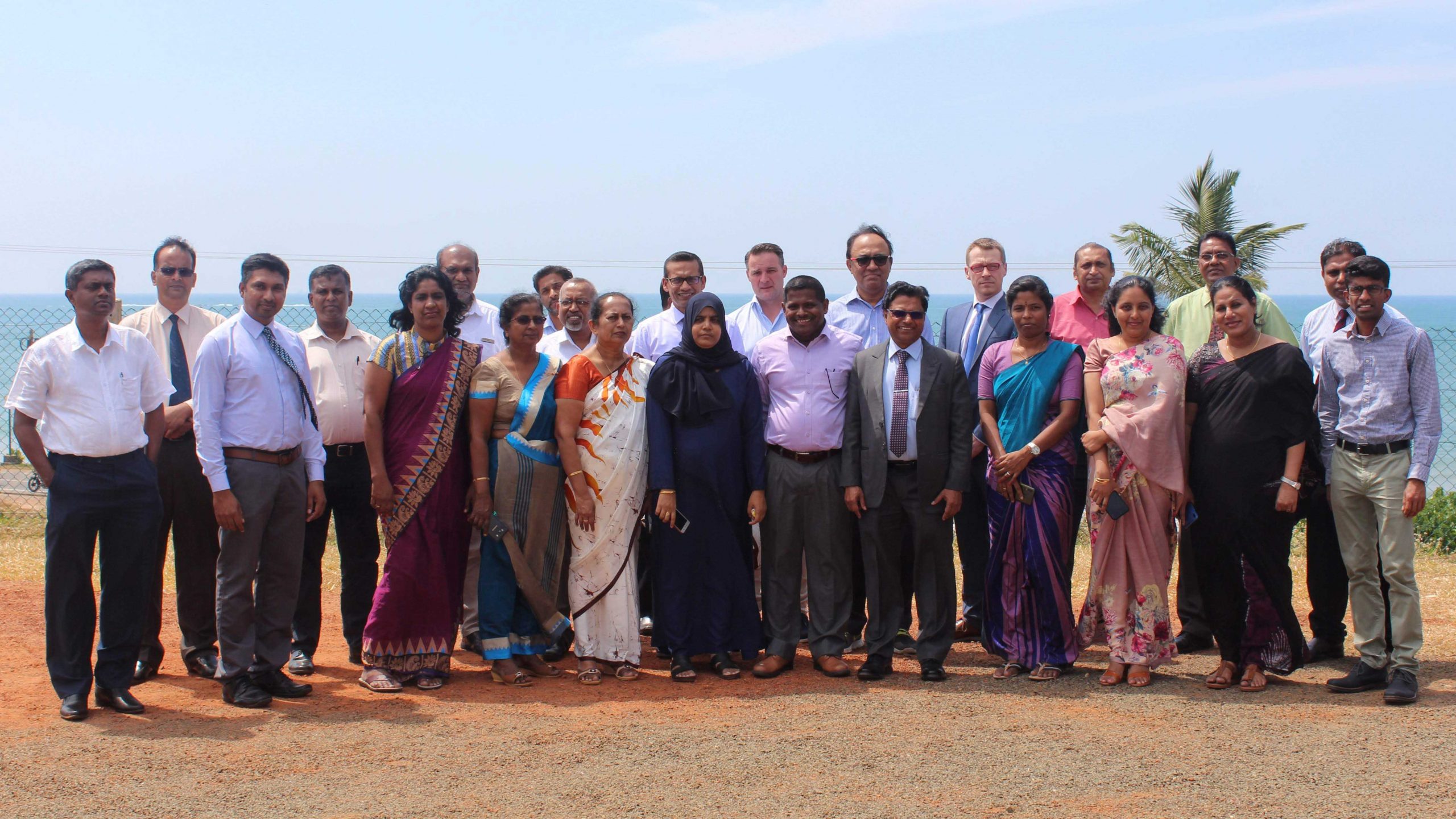
Meetup

Purpose

To This Project
This project seeks to make an important contribution to the waste management education in Sri Lanka. This area requires urgent attention and new courses at bachelor and master levels are instrumental…
Aims & Specific Objectives
Innovative Aspects
Specific Target Groups
Project Outcomes

Work Packages
This project consists of three main work packages, namely development, dissemination & exploitation, and project management. Each work package is divided into sub work packages.
Kick-off Meeting
The project’s kick-off meeting was hosted at the University of Ruhuna, Sri Lankan from 24th to 28th February 2020. The coordinators and team members, representing the University of South-Eastern Norway, University of Ruhuna, University of Sri Jayewardenepura, University of Moratuwa, University of Jaffna, University of Essex, University of Vocational Technology and Janathakshan (GTE) Ltd, attended the meeting. The representatives of the Technical University of Denmark and University of Nova de Lisboa made their participated virtually…

Partners
TESS consists of four European universities and five Sri Lankan universities. In addition, Janathakshan (GTE) Ltd in Sri Lanka is also a partner of the project. The University of South-Eastern Norway, University of Essex, University of Nova de Lisboa and Technical University of Denmark represent the programme countries from Europe, whereas the University of Sri Jayewardenepura, University of Moratuwa, University of Ruhuna, University of Jaffna, University of Vocational Technology and Janathakshan (GTE) Ltd are the beneficiaries from the partner country.